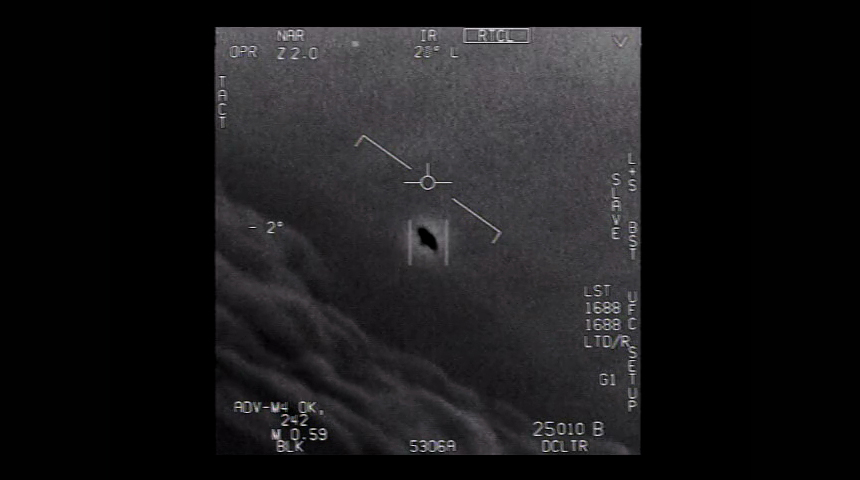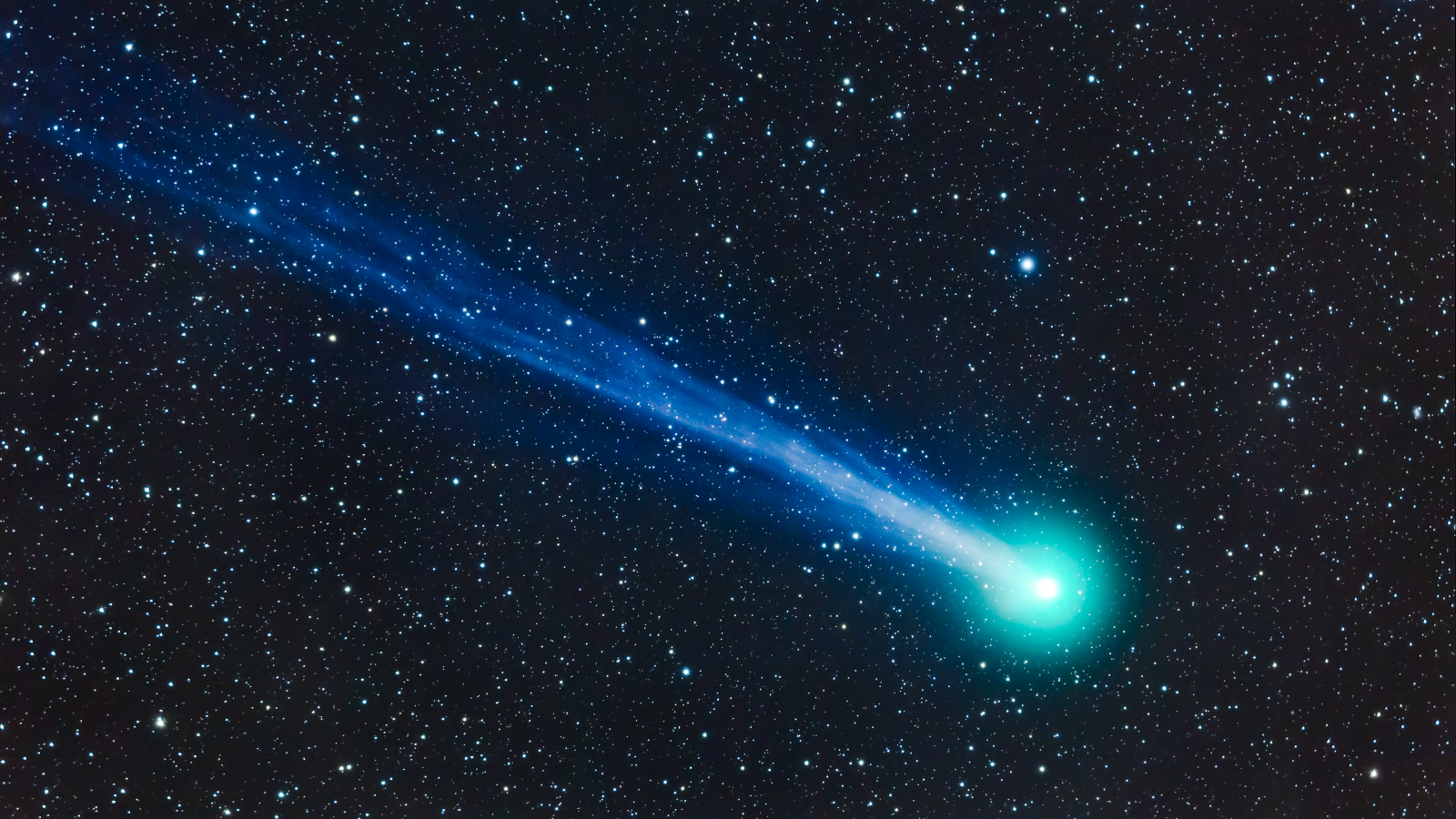
Get the world’s most fascinating discoveries delivered straight to your inbox.
You are now subscribed
Your newsletter sign-up was successful
Want to add more newsletters?

Delivered Daily
Daily Newsletter
Sign up for the latest discoveries, groundbreaking research and fascinating breakthroughs that impact you and the wider world direct to your inbox.

Once a week
Life's Little Mysteries
Feed your curiosity with an exclusive mystery every week, solved with science and delivered direct to your inbox before it's seen anywhere else.

Once a week
How It Works
Sign up to our free science & technology newsletter for your weekly fix of fascinating articles, quick quizzes, amazing images, and more

Delivered daily
Space.com Newsletter
Breaking space news, the latest updates on rocket launches, skywatching events and more!

Once a month
Watch This Space
Sign up to our monthly entertainment newsletter to keep up with all our coverage of the latest sci-fi and space movies, tv shows, games and books.

Once a week
Night Sky This Week
Discover this week's must-see night sky events, moon phases, and stunning astrophotos. Sign up for our skywatching newsletter and explore the universe with us!
Join the club
Get full access to premium articles, exclusive features and a growing list of member rewards.
We could soon start getting answers to some vexing UFO questions.
Over the past few years, we've learned that U.S. Navy pilots commonly see unidentified flying objects, some of which appear to be far faster and more maneuverable than their own aircraft.
You've probably seen footage of a few such encounters, thanks to Christopher Mellon, who served as deputy assistant secretary of defense for intelligence under President Bill Clinton and President George W. Bush.
Related: 7 things most often mistaken for UFOs
In 2017, after he had left his position with the U.S. government, Mellon gave three recently declassified Navy UFO videos to the New York Times, the CBS news program "60 Minutes" reported on Sunday (May 17). The Times then published a blockbuster story about the videos and the Advanced Aerospace Threat Identification Program (AATIP), a Pentagon project tasked with investigating such sightings.
Mellon told "60 Minutes" that he took this step because he was concerned that not enough was being done to investigate UFOs, or UAPs ("unidentified aerial phenomena"), as they've been rebranded in U.S. military parlance.
"It's bizarre and unfortunate that someone like myself has to do something like that to get a national security issue like this on the agenda," Mellon told "60 Minutes" reporter Bill Whitaker.
Get the world’s most fascinating discoveries delivered straight to your inbox.
And it is indeed a national security issue, U.S. Senator Marco Rubio (R-Fla.) told Whitaker. "Anything that enters an airspace that's not supposed to be there is a threat," Rubio said. After all, the reported UAPs might be some kind of advanced aircraft developed by an adversary nation such as Russia or China. (Mellon told Whitaker that the vehicles were definitely not developed by the Pentagon.)
That's not the only possible explanation, of course. For example, experts have also suggested that the sightings might arise from issues with the Navy jets' instruments (although pilots report seeing the UAPs with the naked eye as well). And then there's the idea that the UAPs could represent some sort of alien technology. Occam's Razor may relegate this idea toward the bottom of the list of possibilities, but it remains there nonetheless.
People like Mellon, Rubio and former AATIP official Luis Elizondo, who declassified the three videos that Mellon passed to the Times, are eager to get to the bottom of the mystery. At the very least, they hope that finding an explanation will help determine if the UAPs could pose any threat to national security. And Rubio has taken some action on this front.
In December, Rubio asked the Pentagon and the U.S. director of national intelligence to investigate the UAP issue and deliver an unclassified report to Congress within six months. (Rubio led the Senate's intelligence committee at the time. Democrats took control of the Senate after the last election, so the committee is now chaired by Virginia Democrat Mark Warner; Rubio serves as vice chair.)
That six-month stretch is almost up. The report is due next month, and Rubio seems eager to see it.
"I want us to take it seriously and have a process to take it seriously," he told Whitaker, who had asked what Rubio wanted done about UAPs. "I want us to have a process to analyze the data every time it comes in — that there be a place where this is cataloged and constantly analyzed until we get some answers. Maybe it has a very simple answer. Maybe it doesn't."
Mike Wall is the author of "Out There" (Grand Central Publishing, 2018; illustrated by Karl Tate), a book about the search for alien life. Follow him on Twitter @michaeldwall. Follow us on Twitter @Spacedotcom or Facebook.

 Live Science Plus
Live Science Plus











